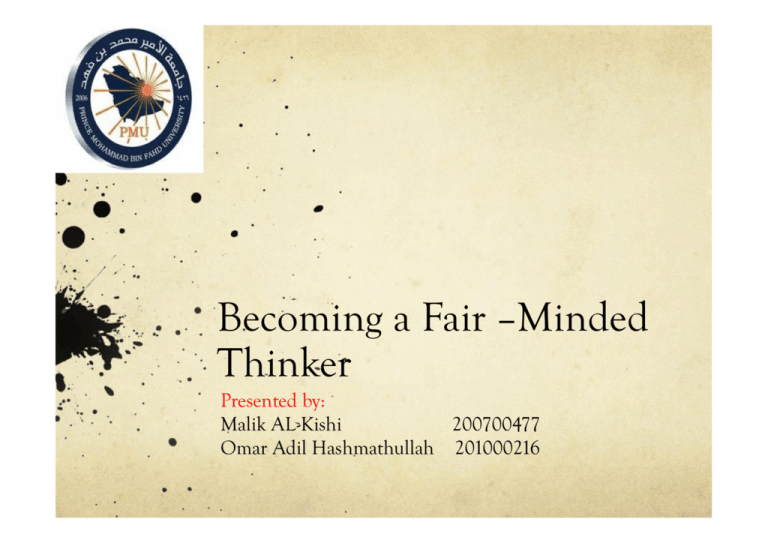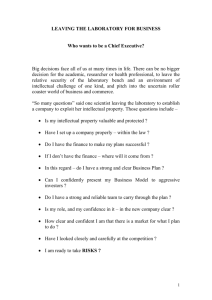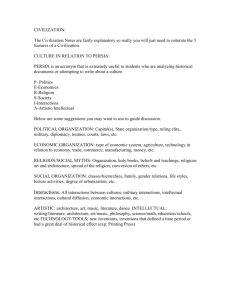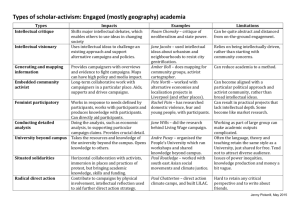Becoming a Fair –Minded Thinker
advertisement

Becoming a Fair –Minded Thinker Presented by: Malik AL-Kishi 200700477 Omar Adil Hashmathullah 201000216 Outline Weak Vs. Strong Critical Thinking What Fair Mindedness Requires Intellectual Humility Intellectual Courage Intellectual Empathy Intellectual Integrity Intellectual Perseverance Intellectual Anatomy Weak vs. Strong Critical Thinking Critical thinking involves basic intellectual skills, but these skills can be used to serve two incompatible ends: self centeredness or fair mindedness What Does Fair-Mindedness Require? To be fair minded is to strive to treat every viewpoint relevant to a situation in an unbiased. It entails a consciousness of the fact that we, by nature, tend to prejudge the view of others. Intellectual Humility: Having Knowledge of ignorance The opposite of intellectual humility is intellectual arrogance Intellectual arrogant people often fall prey to their own bias and prejudge and frequently claim to know more than they actually know. Intellectual Courage: Being Willing to Challenge Beliefs Is the fear of ideas that do not conform to one’s own. If we lack intellectual courage, we are afraid of giving serious consideration to ideas, beliefs that we perceive as dangerous. Intellectual Empathy: Entertaining Opposing Views It is thinking centered on self. When we think from a self-cantered perspective we are unable to understand others’ thoughts, feeling and emotion. Intellectual Integrity: Holding Ourselves to the Same Standards to Witch We Hold Others A state of mind unconcerned with genuine integrity. It is often marked by deep-seated contradiction and inconsistencies. The appearance of integrity means a lot because it affects our image with others. Intellectual Perseverance: Working Through Complexity and Frustration The opposite of intellectual Perseverance is intellectual laziness, demonstrated in the tendency to give up quickly when faced with an intellectual challenging task Intellectual Autonomy: Being and Independent Thinker They are not irrationally dependent on others and not controlled by infantile emotions. The have self-control. They are competent. They complete what they begin. Conclusion True excellence in the thinking is not simply the result of isolated intellectual skills. Questions?







